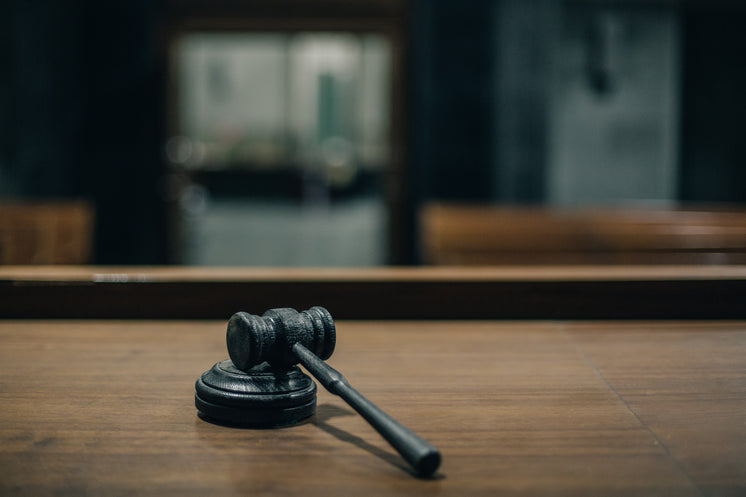lindahagai579
About lindahagai579
Law courts in the UK are designed to provide a fair and efficient environment where legal proceedings can be carried out.
 In some newer courts, modern design has helped reduce risks. Improved lighting, anti-slip flooring, CCTV monitoring, and barrier-free layouts contribute to safer environments. However, the majority of the UK’s court buildings remain older, and many are in need of refurbishment or full redevelopment.
In some newer courts, modern design has helped reduce risks. Improved lighting, anti-slip flooring, CCTV monitoring, and barrier-free layouts contribute to safer environments. However, the majority of the UK’s court buildings remain older, and many are in need of refurbishment or full redevelopment.
One of the vital roles of law courts. Courts are responsible for safeguarding the rights and freedoms of individuals, as enshrined in legislation such as the Human Rights Act 1998. This includes protecting individuals from unlawful detention, ensuring that everyone has access to a fair trial, and safeguarding the right to free speech, privacy, and equality before the law. When individuals’ rights are violated by the state or other individuals, courts provide a platform for seeking redress and holding those responsible to account.
Ireland’s legal system also interacts with the European Union legal framework. EU law is directly applicable in Ireland, and Irish courts are obligated to interpret domestic law in line with EU treaties and regulations. The Court of Justice of the European Union (CJEU) in Luxembourg acts as the final arbiter in matters of EU law.
Court-related injuries can happen for a variety of reasons. These include wet floors, poorly maintained infrastructure, inadequate signage, faulty lifts, or overcrowding. In older court buildings, maintenance issues can increase the likelihood of injury. Cracked tiles, exposed wiring, or uneven staircases have all contributed to documented incidents in court facilities across the country.
If you have any type of inquiries concerning where and ways to use find a law firm in Scotland, you could contact us at our web-site. Administrative assistants in the court system help support the day-to-day operations by handling tasks such as filing, answering phones, managing schedules, and ensuring that all necessary documents are available for hearings. These staff members play a critical role in maintaining the efficiency of the court system and ensuring that legal proceedings are not delayed due to administrative oversights.
An essential function of law courts is to facilitate the work of legal professionals. Courts provide a forum for legal representatives, including solicitors, barristers, and other legal professionals, to present their cases and engage in advocacy on behalf of their clients. Courts must ensure that the legal profession operates ethically and according to the rules of conduct, ensuring that lawyers are able to represent their clients fairly and competently.
Court administrators. They ensure that resources are properly allocated, staffing needs are met, and that the court’s facilities are in good working order. Court administrators also liaise with other court personnel, including judges, clerks, and security staff, to ensure that the court runs smoothly and that cases are heard in a timely manner. They also handle budgets and oversee the management of court facilities, ensuring that courtrooms are appropriately equipped and maintained.
In addition to pro bono services, some individuals may also receive legal advice through organizations that specialize in particular areas of law. For example, housing organizations, domestic abuse shelters, and consumer advocacy groups often have legal teams that provide free legal advice to their clients. These organizations may also refer clients to solicitors who can represent them in court or assist them in navigating the legal system.
These facilities vary depending on the type of court and the case being heard, but they all serve a crucial role in ensuring justice is administered effectively. The facilities available in UK law courts include physical infrastructure, technological tools, and various services to support both legal professionals and the public. This article explores the different types of law court facilities in the UK, their importance, and some of the challenges associated with them.
The Irish court system has also embraced modernisation in recent years. Digital initiatives, including electronic filing, virtual hearings, and case management systems, have been implemented to improve efficiency. The COVID-19 pandemic accelerated these reforms, with remote hearings becoming more common in both civil and criminal matters.
 In contrast, Magistrates’ courts focus on lower-level criminal matters and some civil cases. These courts are typically smaller and more informal than Crown Courts, and they are designed to handle cases more quickly. Magistrates’ courts provide basic facilities, such as desks for the magistrates and defendant, seating for the public, and spaces for legal representatives. Unlike Crown Courts, there is no jury in Magistrates’ Courts, and the cases are decided by a panel of magistrates or a district judge.
In contrast, Magistrates’ courts focus on lower-level criminal matters and some civil cases. These courts are typically smaller and more informal than Crown Courts, and they are designed to handle cases more quickly. Magistrates’ courts provide basic facilities, such as desks for the magistrates and defendant, seating for the public, and spaces for legal representatives. Unlike Crown Courts, there is no jury in Magistrates’ Courts, and the cases are decided by a panel of magistrates or a district judge.
Another essential facility in the UK court system is the County Court, which deals primarily with civil matters, including personal injury claims, breach of contract disputes, and family law cases. County courts are generally smaller than Crown Courts but still provide appropriate facilities to ensure that civil matters are resolved fairly. These courts are equipped with private consultation rooms for parties to discuss the case with their lawyers, waiting areas for the public, and facilities for filing legal documents.
No listing found.
